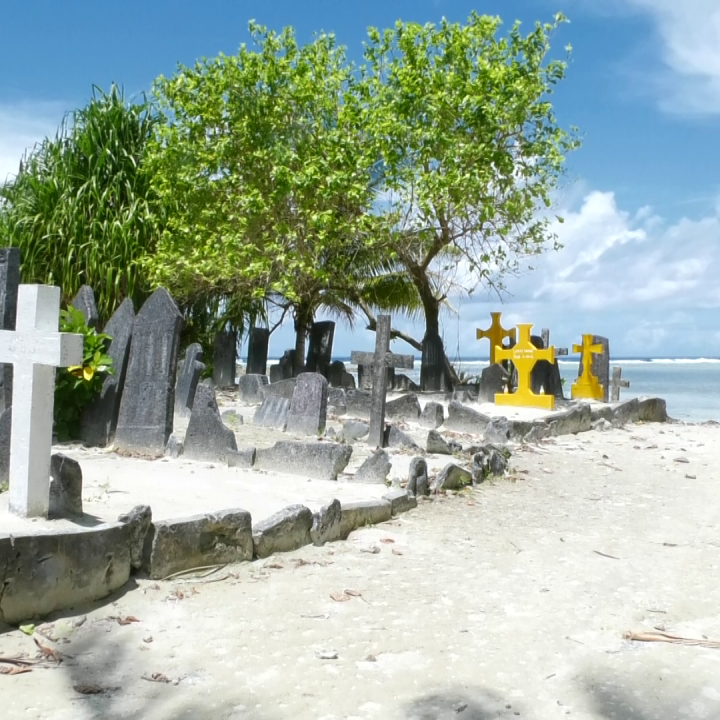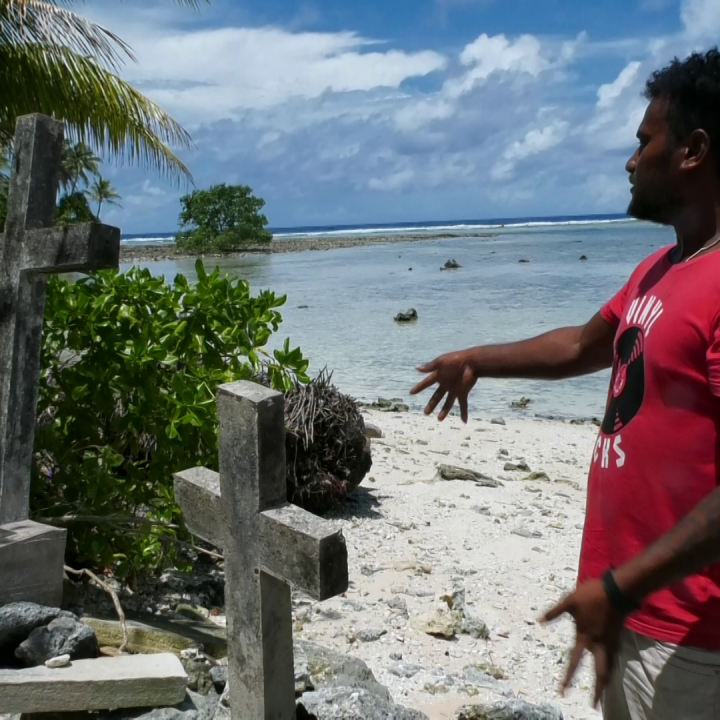Climate change affected islanders seeking refuge

Residents of Luaniua and Pelau in the Malaita Outer- Islands could be the country’s first official modern day Climate refugees.
The House of Chiefs from both Luaniua and Pelau are now seeking Government assistance to be officially relocated to a bigger island as survival becomes tougher on their Climate Change stricken Atolls.
Spokesman for the two house of chiefs, Chris Keungi said, Malaita outer islands has always been the example when National Government discuss Climate Change effects with international organisations or bilateral partners.
The sad reality, he adds, is that nothing tangible has reached his people when it comes to Climate Resilience assistance and so their hope of survival on the Atolls is fading fast.
“We were always at the forefront of international climate change discussion, but when it comes to tangible support at our islands, it’s almost nothing. All we need now is for the government to relocate some of our people to bigger islands.
If they can do it for foreign Gilbertese here, why not us, indigenous Solomon Islanders?”
He said, food insecurity as a result of the effects of climate change is now their main worry.
Mr. Keungi said, the future of their future generations is now uncertain.
“The future of our children remain uncertain, as we don’t know where else to escape the onslaught of climate change.”

Meanwhile, SIBC TV understands, the government is still working on its climate change refugee policy.
But during the recent Pacific Islands Forum meeting in Tuvalu, climate change was among top priority in the agenda.
“On his arrival from the Tuvalu Forum Leaders Meeting, Prime Minister Manasseh Sogavare assures citizens that the newly launched ‘Blue Pacific Continent Strategy’, we are looking at address climate change issue collectively. Alone, we are doing nothing. We must work together with our Pacific neighbours.”
With the newly launched Blue Pacific Continent Strategy, we are looking addressing the issues collectively
Extreme weather events in the country in recent years serve as a forewarning of the impacts on the environment that are likely to occur due to climate change.
Climate change also poses risks to natural ecosystems such as the coastal and marine environments, fisheries, agriculture, water resources, health, biodiversity, infrastructure and industry.
by Charley Piringi

